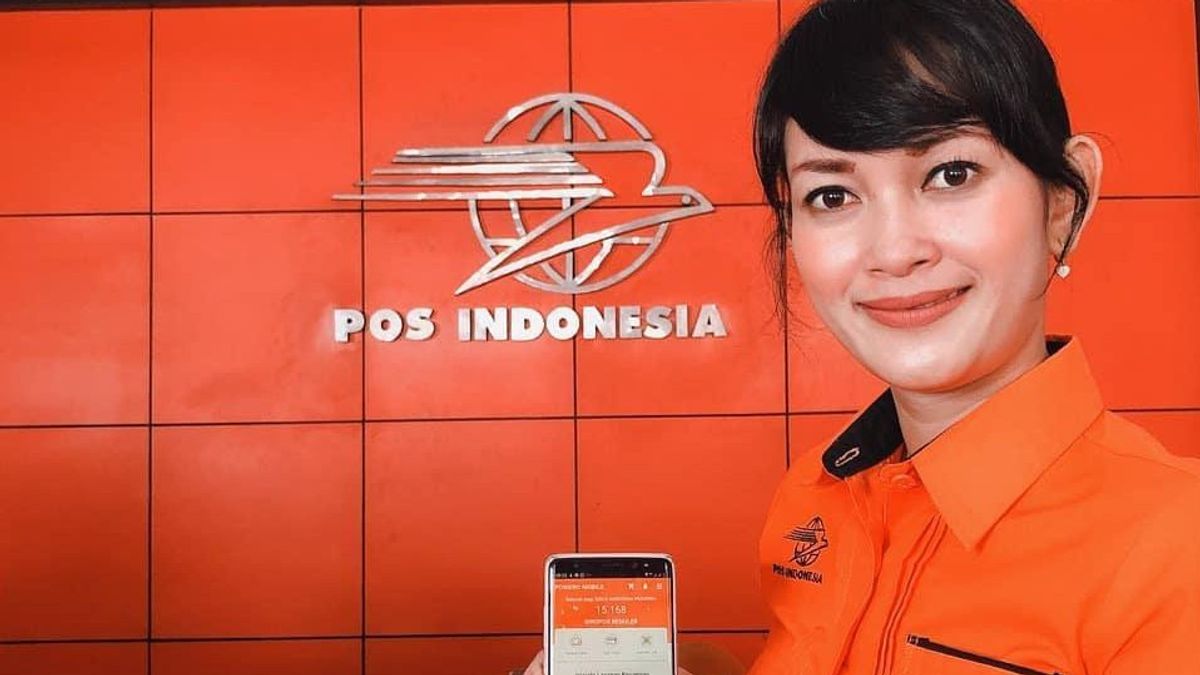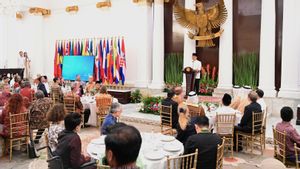JAKARTA - Deputy for Human Resources, Technology and Information at the Ministry of State-Owned Enterprises (BUMN) Alex Denni said technological advances have made competition between companies to exist even tighter.
Alex said that technological advances that can help people carry out activities, especially in the midst of the COVID-19 pandemic, are competitors that are invisible, but their existence is real. This makes companies have to compete with one another.
The proliferation of communication mediators such as Facebook, Twitter, Email, and other social media to send messages has made mailing services sidelined. According to Alex, PT Pos Indonesia must be aware of this.
"PT Pos, which may not have had any competitors at all, is now faced with a lot of competitors. If we don't make significant changes to the business model, of course we will face difficulties," he said, during the 'Launching of PT Pos Indonesia's AKHLAK Core Values', Monday, September 14th.
Alex said that in the past, postal services were sent manually, everyone had to wait long enough to send messages, now messages can be received quickly, even hundreds of messages each day go through communication mediators.
"I used to wait for Pak Pos to pass in front of the house, now messages can be easily received via Whatsapp. So I realized that we were not aware that we were surrounded by increasingly invisible competitors," he said.
Furthermore, Alex said, technological transformation is a must. This step can help the company to win business competition with other competitors.
In addition, said Alex, solidarity or cohesiveness of all elements of state-owned companies, both at the management level and employees, is also the key to winning competition that is no less important.
"It is impossible for a team to win if the coach, players and the technical team on the field are not united. It is impossible to win an increasingly tight competition," he said.
The postal mail business in the 2000-2008 period experienced a drastic decline. The emergence of short message services and the internet has begun to replace the role of Pos Indonesia.
This causes Pos Indonesia to experience losses every year. In 2004-2008, Pos Indonesia lost up to Rp. 606.5 billion.
However, as time went on, Pos Indonesia began to change after the liberalization of the postal business through Law N0. 38 of 2009 concerning pos. Business transformation was carried out by establishing itself as a holding company by forming six subsidiaries, revitalizing core businesses and developing new businesses.
Pos Indonesia has started to enter the retail, property and insurance business. In addition, since 2013 it has also served management services and office rental and MICE rooms (meetings, incentives, conventions, exhibitions).
The English, Chinese, Japanese, Arabic, and French versions are automatically generated by the AI. So there may still be inaccuracies in translating, please always see Indonesian as our main language. (system supported by DigitalSiber.id)













